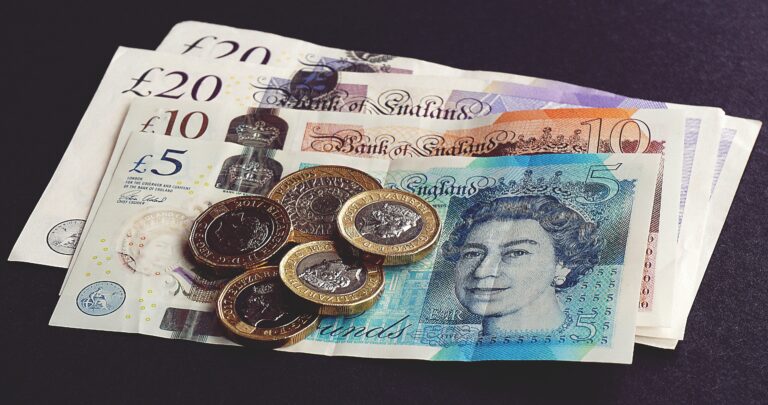
Morning Brief – No Confidence
Following two days of bank holiday and a weekend, Sterling markets opened yesterday to the prospect of a vote of no confidence in the UK Prime Minister Boris Johnson. Having received a sufficient number of letters expressing no-confidence in the Prime Minister, the Chair of the 1922 committee announced the forthcoming vote. The consequences for losing such a vote could have been severe for UK politics and the Pound alike. In normal circumstances, the vast majority of threats to a head of government’s position in power will destabilise the domestic currency in virtue if nothing else of the risk that any transition of power brings to politics.
So, a rapidly rising Sterling seems like a paradox in the face of the announcement of the vote. Does the market really hate Boris so much? Do they think seeing Boris out of the gates of Downing Street would be so much better than talk of another ‘party gate’. The answer is no, not particularly. The reason for an apathetic, even positive reaction to what might on paper have been theorised to be a significant risk to GBP is the context of the market’s distraction with the global macroeconomy and the changing monetary-economic backdrop. Put simply, in today’s current trading environment, some factors that once may have determined price movements have been side-lined by traders.
GBP did dip moving into the final vote as we might expect. As voting took place GBP consolidated its earlier gains in the European trading session. When the headline dropped that the Prime Minister had survived the vote of confidence and could therefore keep his job so far as the conservative party was concerned, GBP barely shrugged. If anything, the currency ticked down slightly versus the Dollar but almost imperceptibly versus the day’s range. Both sides of the Commons have been seeking to spin the results of the no confidence vote, however, the reality shows a narrow survival for Johnson. The result showed that some 40% of Boris’ own Conservative Party wanted rid of him in a vote of 211 to 148. This result will continue to leave political risk hanging over Sterling particularly as the UK observes key by-election votes.
Discussion and Analysis by Charles Porter

Click Here to Subscribe to the SGM-FX Newsletter
Related Insights

Daily Brief – A short lived short squeeze?
A short lived short squeeze? Sterling is undoubtedly benefitting from a short squeeze. Traders on net had increased positions that benefit from Sterling’s demise leading into the budget. Depending upon the participant’s persuasion, that could have meant gaining an outright short exposure to the currency or, in a more mild form, trimming any or all […]

Daily Brief – Sterling slides
Sterling slides Sterling took a leg lower ahead of the European open yesterday. Despite some tentative signs of recovery, GBP was still unable to claw back losses incurred during yesterday’s session. Before we cover the cause and implications of yesterday’s stumble amongst GBP crosses, let’s look at why the Pound was set up for a […]

Daily Brief – But does it mean anything for FX?
But does it mean anything for FX? The story of the week also therefore makes it the story of the year so far. The United States’ capture of Venezuelan President Maduro is the hot topic, but does it hold any material impact to markets? Well, there was certainly some significant moves in FX during yesterday’s […]



 Charles Porter
Charles Porter